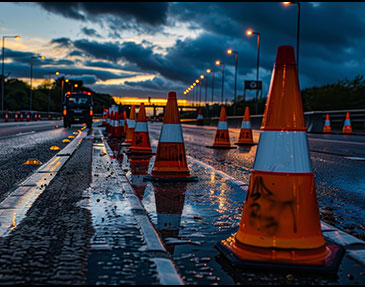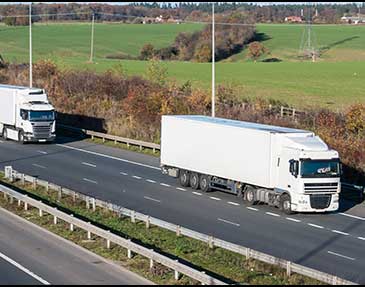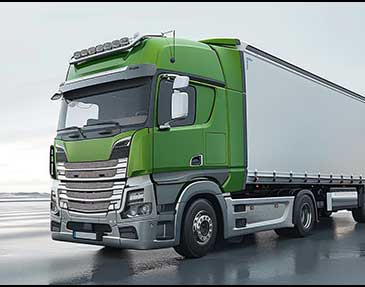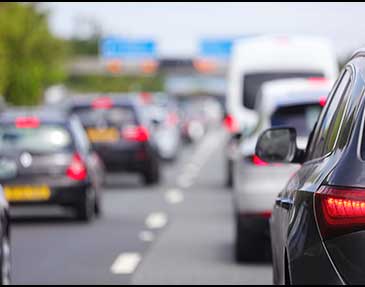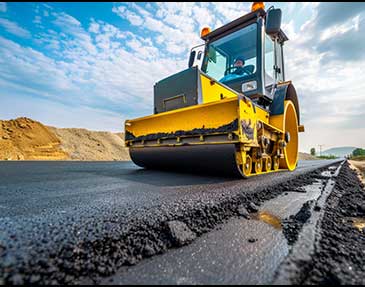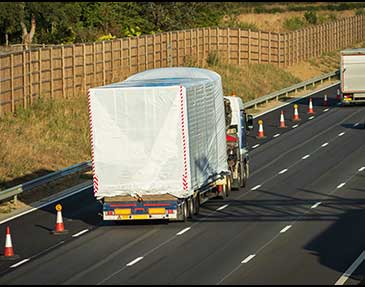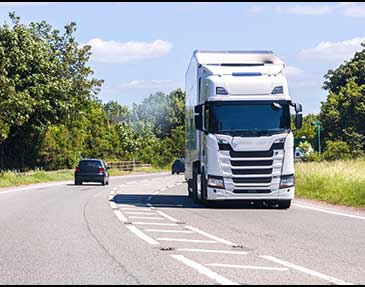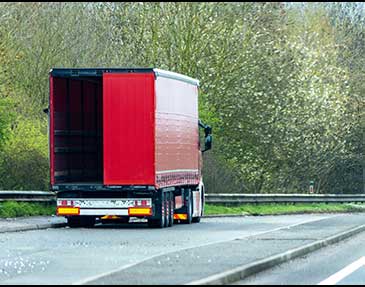Call for major road investment
The RHA (Road Haulage Association has kicked off the new year with a report arguing that investing in the UK road network will bring a £26 billion benefit to the economy.
The report stresses the importance of the UK’s strategic road network in connecting towns, cities, communities, and businesses.
Looking ahead to the Government’s Spending Review, the RHA is also urging decision-makers to prioritise investment in the road network to secure long-term economic growth and create the conditions for British businesses to thrive.
RHA MD Richard Smith said: “The strategic network accounts for 70% of all HGV kilometres, making it central to the road freight, logistics and coach sector, as well as the tourism sector, with one in ten trips made by coach to holiday destinations and attractions.”
He is calling for urgent reform of the planning system and consent process to speed up the developments.
Earlier in the month On National Pothole Day (15 January), James Barwise, RHA Policy Lead, said:
“Poorly maintained roads cause misery for millions of road users in delays and increased costs; congestion costs the economy £30bn a year.”
“We urge the Government to ensure local authorities are equipped with latest technology for longer lasting and more cost-effective road maintenance. We also call on local authorities to allocate and ringfence pothole funding and perform permanent rather than temporary repairs.”

